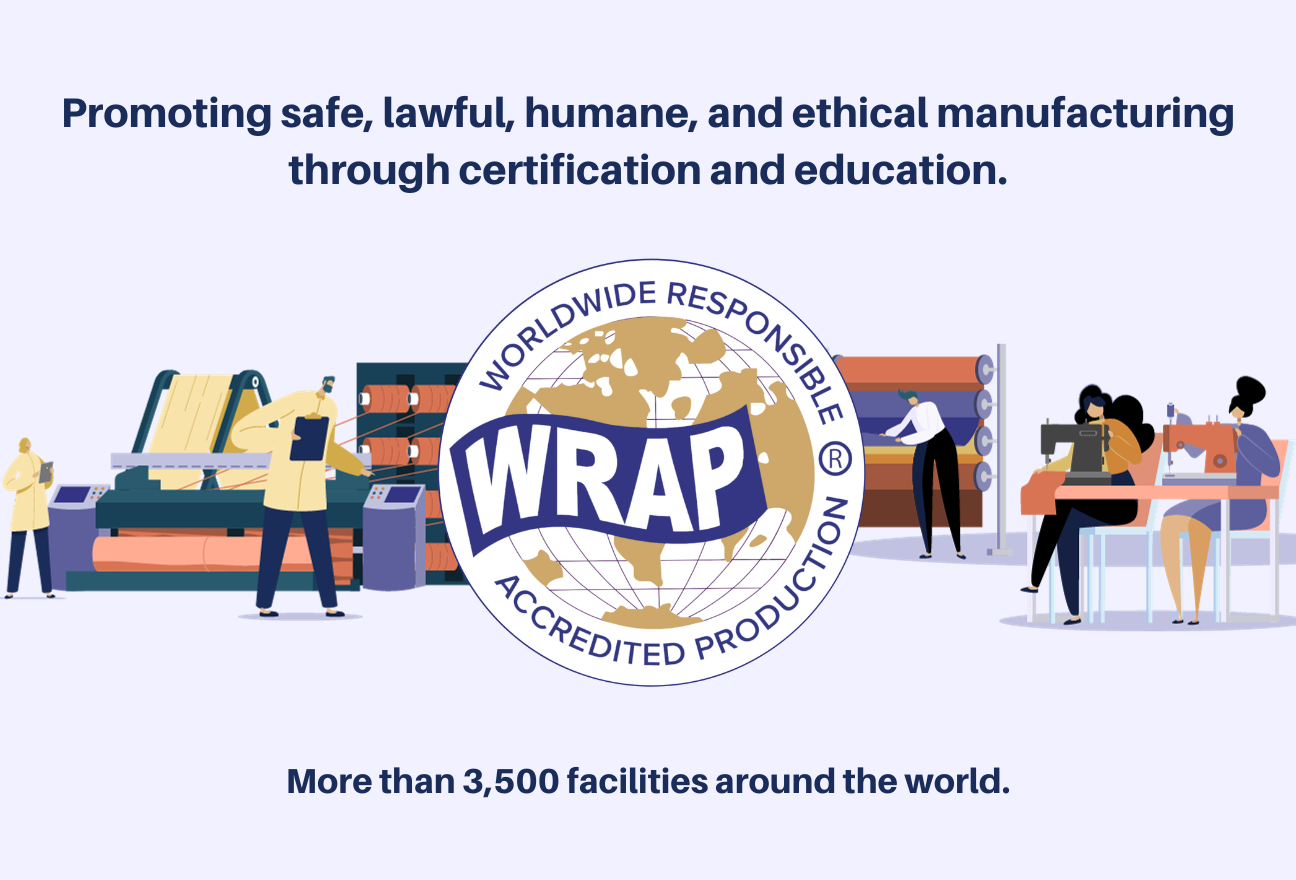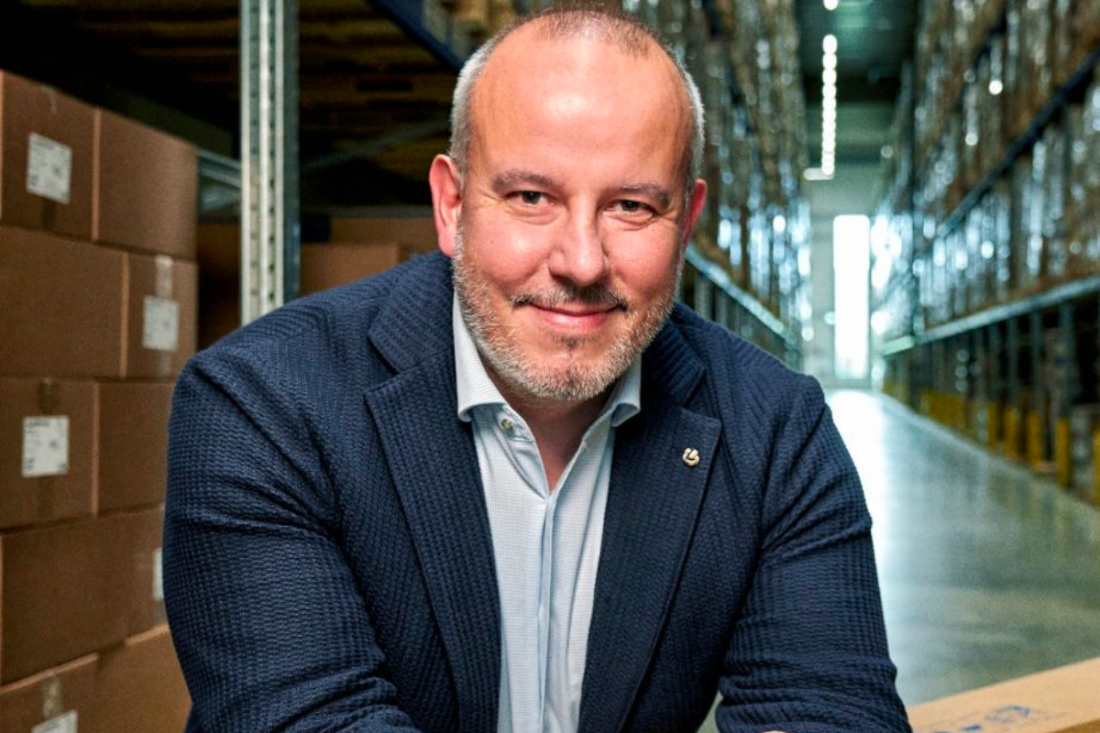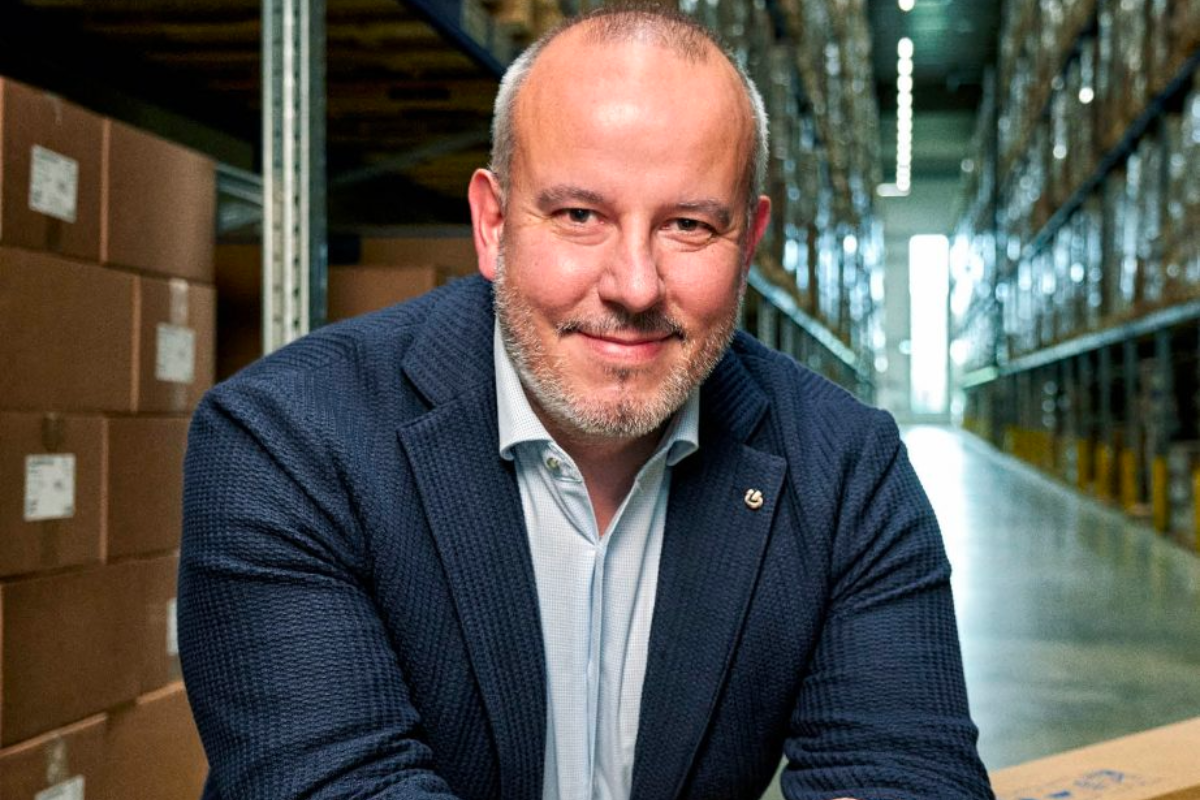Virtually no industry was left untouched by the disruption caused by the COVID-19 pandemic. Even today, many organizations are continuing to deal with the challenges left by such an unprecedented societal shift. Healthcare workers and businesses were at the forefront of the pandemic and perhaps faced the most immediate and direct impact.
Like others in the industry, global medical equipment manufacturer Medline Europe played a vital role during the outbreak, which included providing face masks and other personal protective equipment to customers. For Hervé Million, President at Medline Europe, many difficult lessons were learned at this time.
But by harnessing his extensive personal experience in the healthcare industry, he was able to adapt as quickly as possible.

“We learned to really talk with our customers and to increase the frequency and the consistency of our communication.”
“We learned to really talk with our customers and to increase the frequency and the consistency of our communication, to be able to really make every person understand the challenges and the opportunities we had behind the product demand,” Million tells The CEO Magazine.
These days, while the worst of these supply chain issues are over, accurately predicting demand is still a key concern for Medline Europe.
“On a day-to-day basis, when the forecasts are evolving, it’s important to truly communicate with customers and suppliers transparently,” he says.
Supply Quality
Ensuring extremely high levels of supply quality is essential in an industry like healthcare, where any product errors can be life-threatening. As part of this approach, Medline has focused on working with suppliers who have a Worldwide Responsible Accredited Production certification.
“It’s really a global and local approach. That’s helped us to have the right positioning to be sure that the suppliers we are selecting are the right ones,” he adds.
In addition, Medline operates its own internally created supply chain ethical sourcing program, which assesses supplies against a list of criteria.

Advertisement
Establishing a diverse base of both local and global suppliers enables Medline Europe to achieve the best flexibility and service for customers. Thanks to a history that dates back to 1910, Medline has been able to foster close relationships with suppliers, with some of these partnerships existing for more than 30 years.
“We have really grown together with these suppliers, which has helped to create new developments and to bet on new opportunities together,” Million explains. “We’ve gained transparency, communication and risk sharing on some projects, talking frankly about where we want to go.”
Sustainable Business
That direction is toward a greener future, with the commitment to running a sustainable business part of the core ethos of Medline. Through investments in green technology solutions and infrastructure, as well as supporting the workforce, Million is approaching its ESG goals in a range of ways.
By choosing more sustainable projects, there is a high initial cost on some occasions, but the long-term benefits clearly outweigh these charges, Million explains. “All the new facilities we build are green-certified, taking into account environmental and energy reduction needs,” he says.
Solar panels are being installed on many facilities in the United States and Europe, with a new manufacturing site in Slovakia under construction.
Investments in sustainability aren’t only made in physical infrastructure, with Medline committed to including employees on the ESG journey.

“We are investing in bringing staff back into the office.”
When new buildings are planned, it’s not just energy efficiency that is a priority, with making the location attractive to staff being a major aim. A hybrid work policy, where employees should come to the office a minimum of two days a week, has been put in place, backed by an investment in the workplace environment.
“It has to be a building where people are happy to come in. We are investing in bringing staff back into the office and are constantly asking, ‘how are we committed to giving staff the opportunity to develop their connection within the company?’,” he explains.
This push for connection is an example of Million’s collaborative approach to leadership. By including employees in the decision-making process, he enables them to feel empowered and responsible. The result is more engaged staff who add value to the business.
“You need to invest in encouraging collaboration and generating accountability,” he says. “But in the end, what you get out of it is long-term involvement on a deep level. People feel capable to speak up and to be listened to.”




